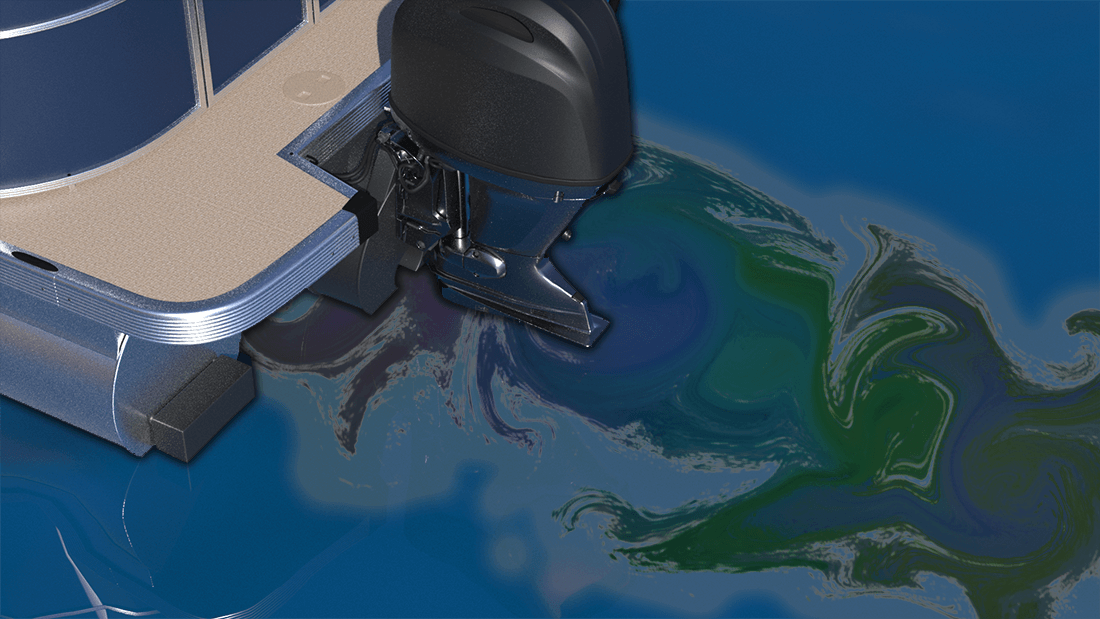Pollution Regulations in Canada
Oil and hazardous substances
Oil, fuel, antifreeze and transmission fluid are just a few examples of pollutants that harm the environment when pumped overboard. Pollutants released into the water from a vessel can be the result of normal operations, an incident or an accident.
Regulations prohibit the discharge or dumping of fuels, oil, antifreeze and other deleterious substances such as cleaning agents into the water. Regulations for the Prevention of Pollution from Ships and for Dangerous Chemicals in Canada.

Prevention and clean-up of oil spills
Oil discharges to water can be toxic to marine life, are very difficult to clean up, and can persist for years in ocean sediments and the marine environment. Marine species that are constantly exposed to oil and its components may show developmental problems, be more susceptible to disease, and experience abnormal reproductive cycles. Other types of liquid discharges may contain chemicals of toxic concern that attach to tiny particles for ingestion by plankton and groundfish, becoming increasingly concentrated as they move up the ocean food chain.
Use of non-polluting cleaning products for your boat
The use of alternative (non-polluting) cleaning products is highly recommended. Bilge cleaners, even those that are biodegradable, only separate the oil into tiny, less visible droplets. The use of absorbent bilge cloths is recommended as they are designed to absorb oil products and repel water.
The use of natural or vegetable-based products that are not harmful to the environment is strongly recommended.